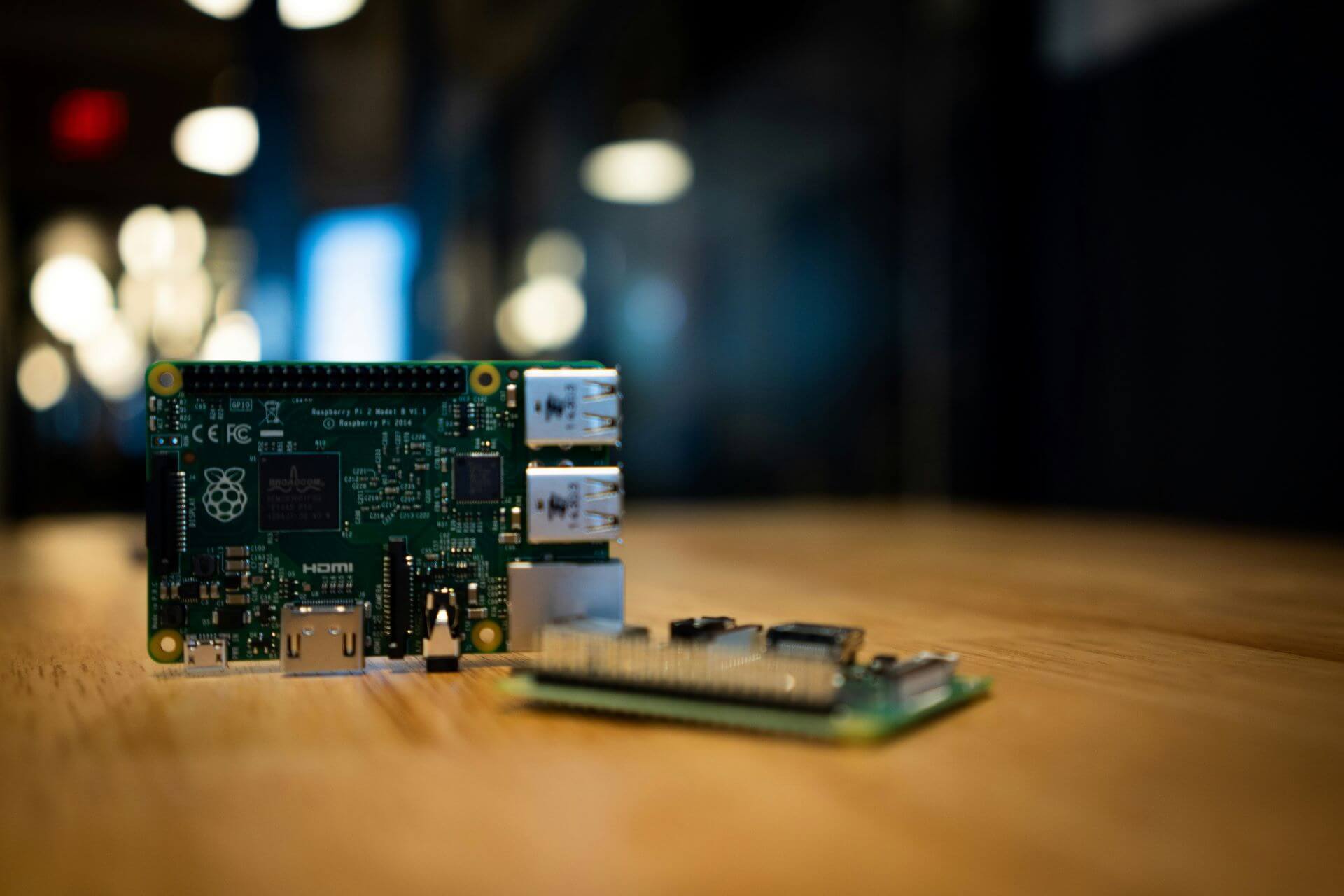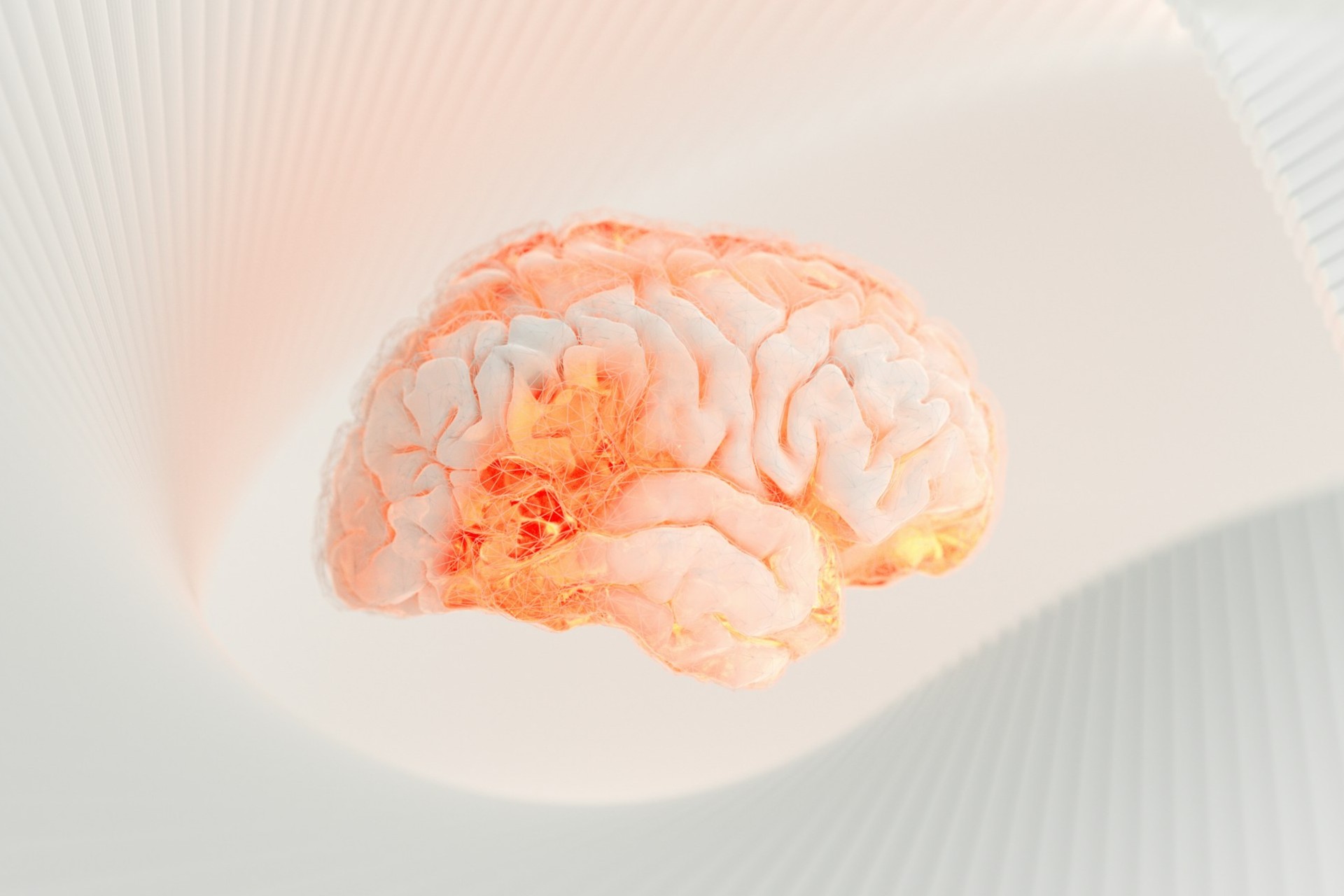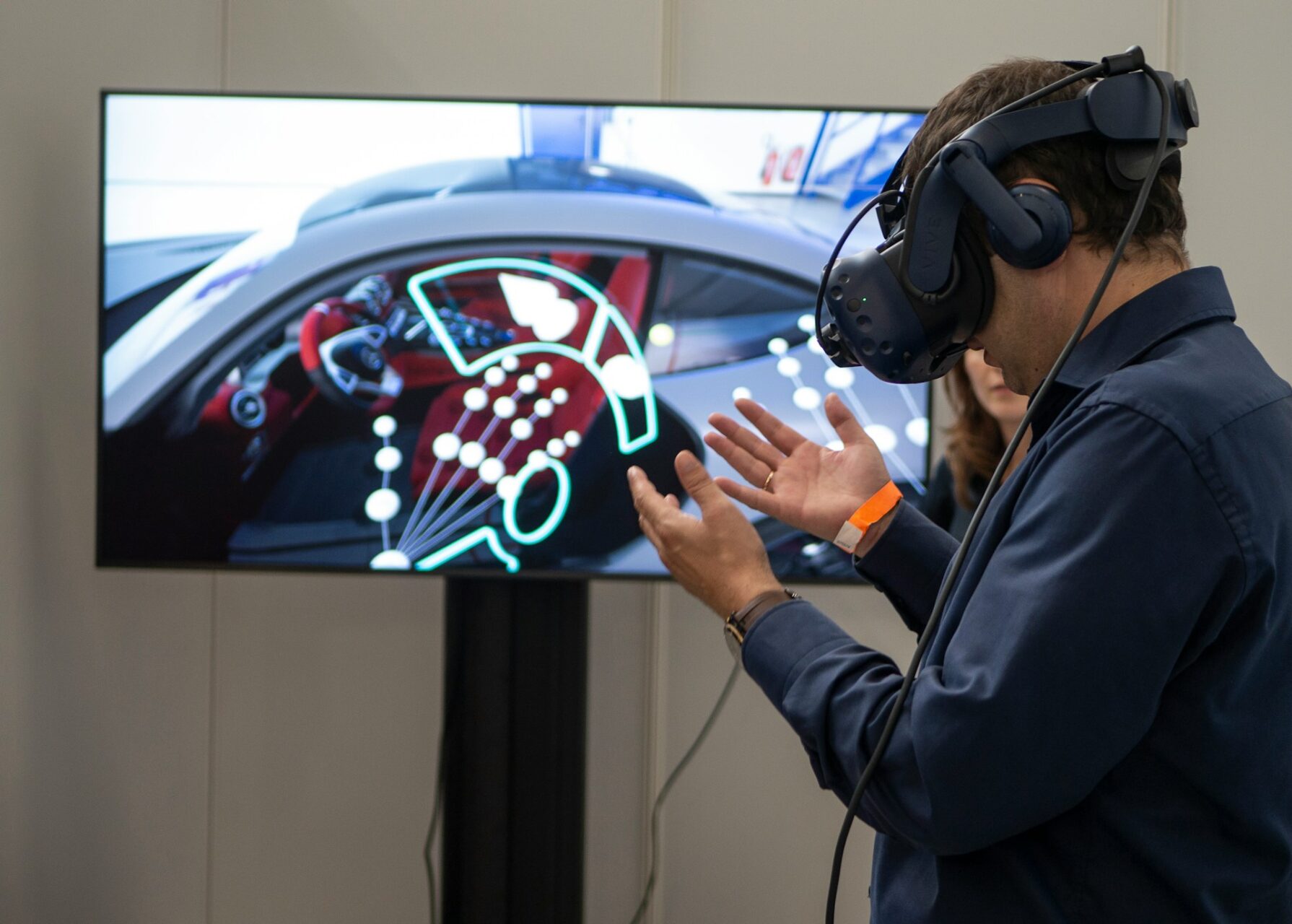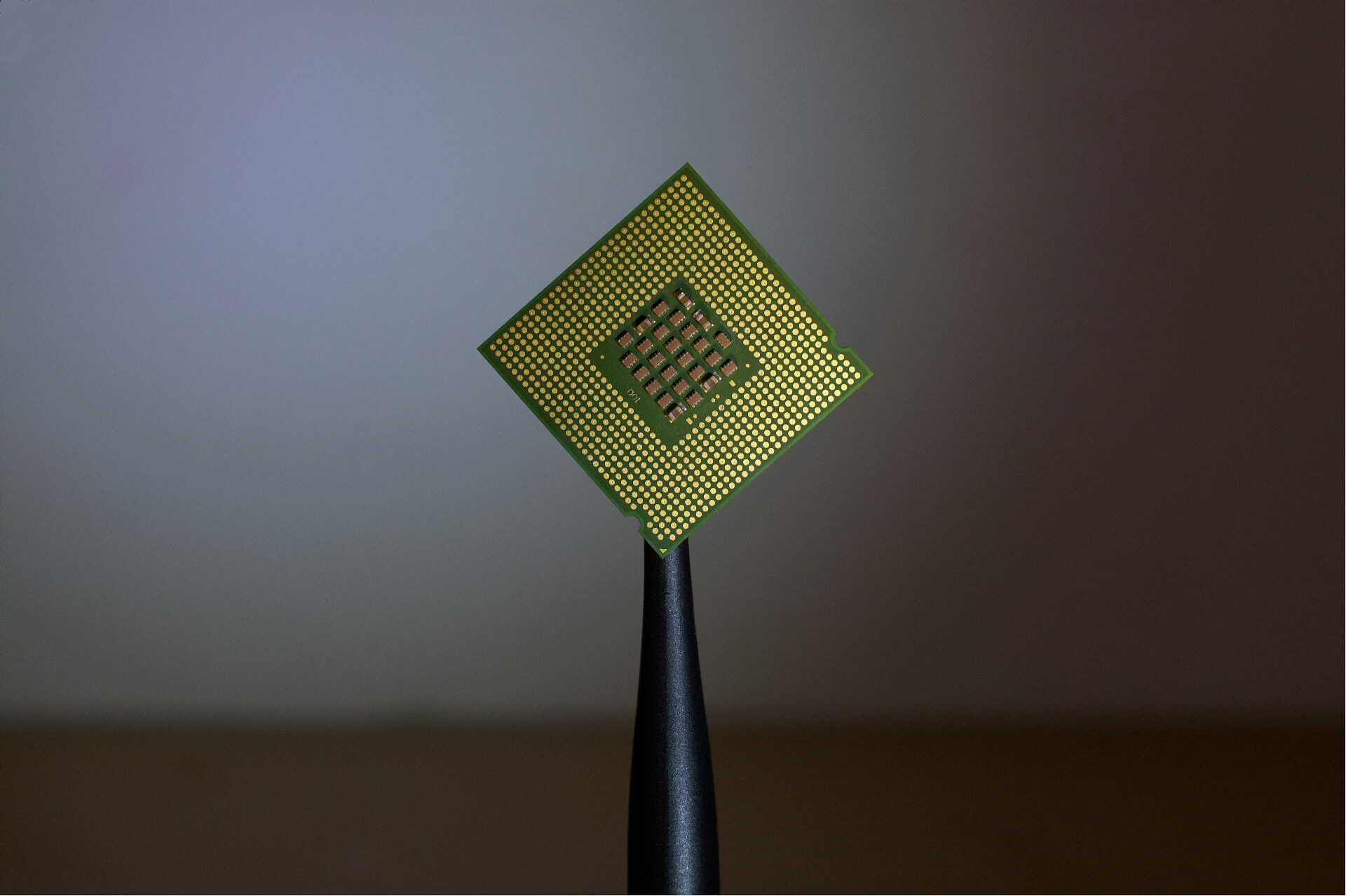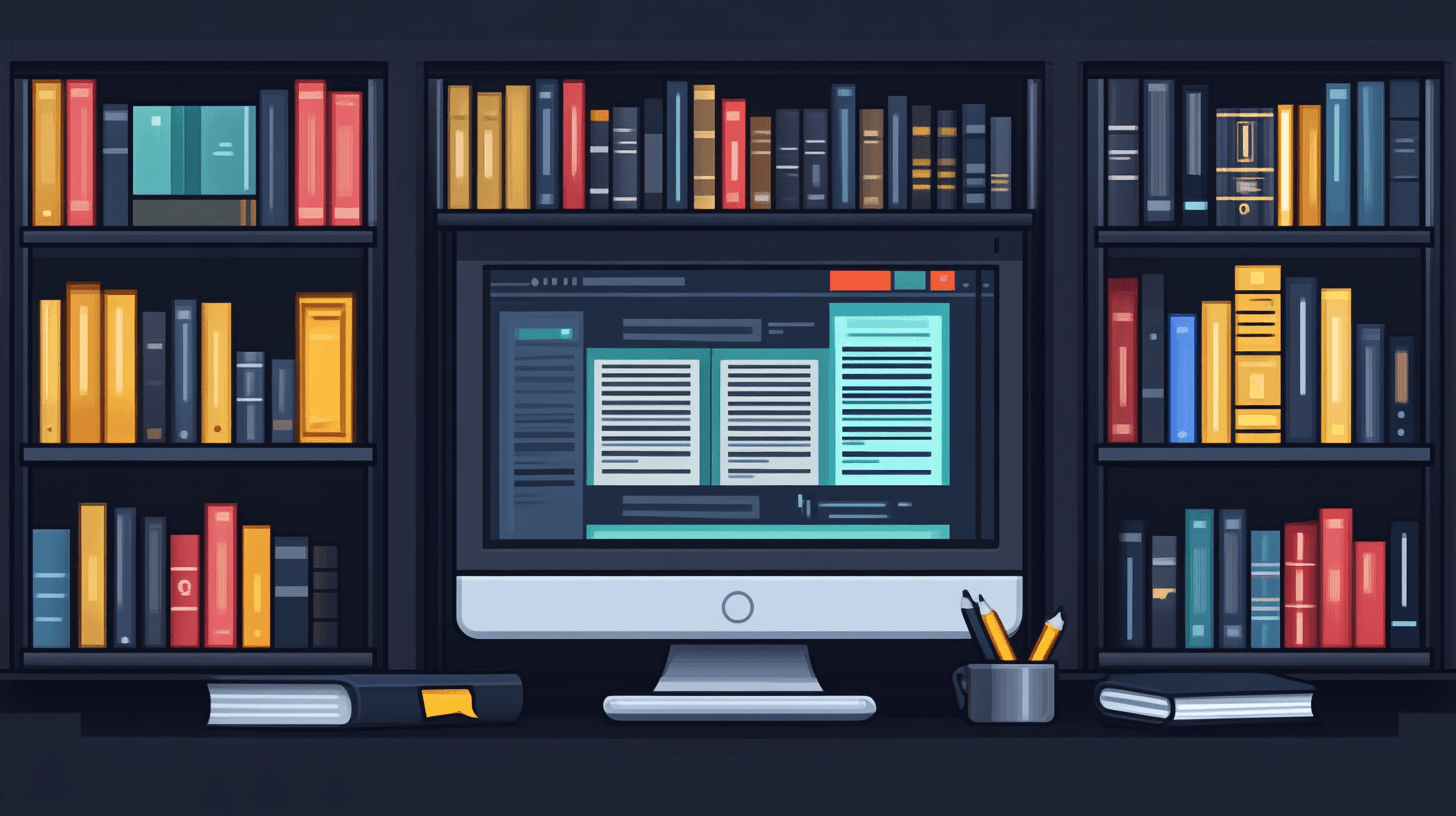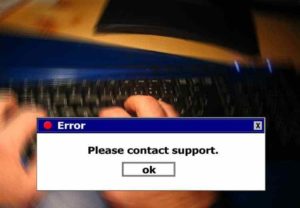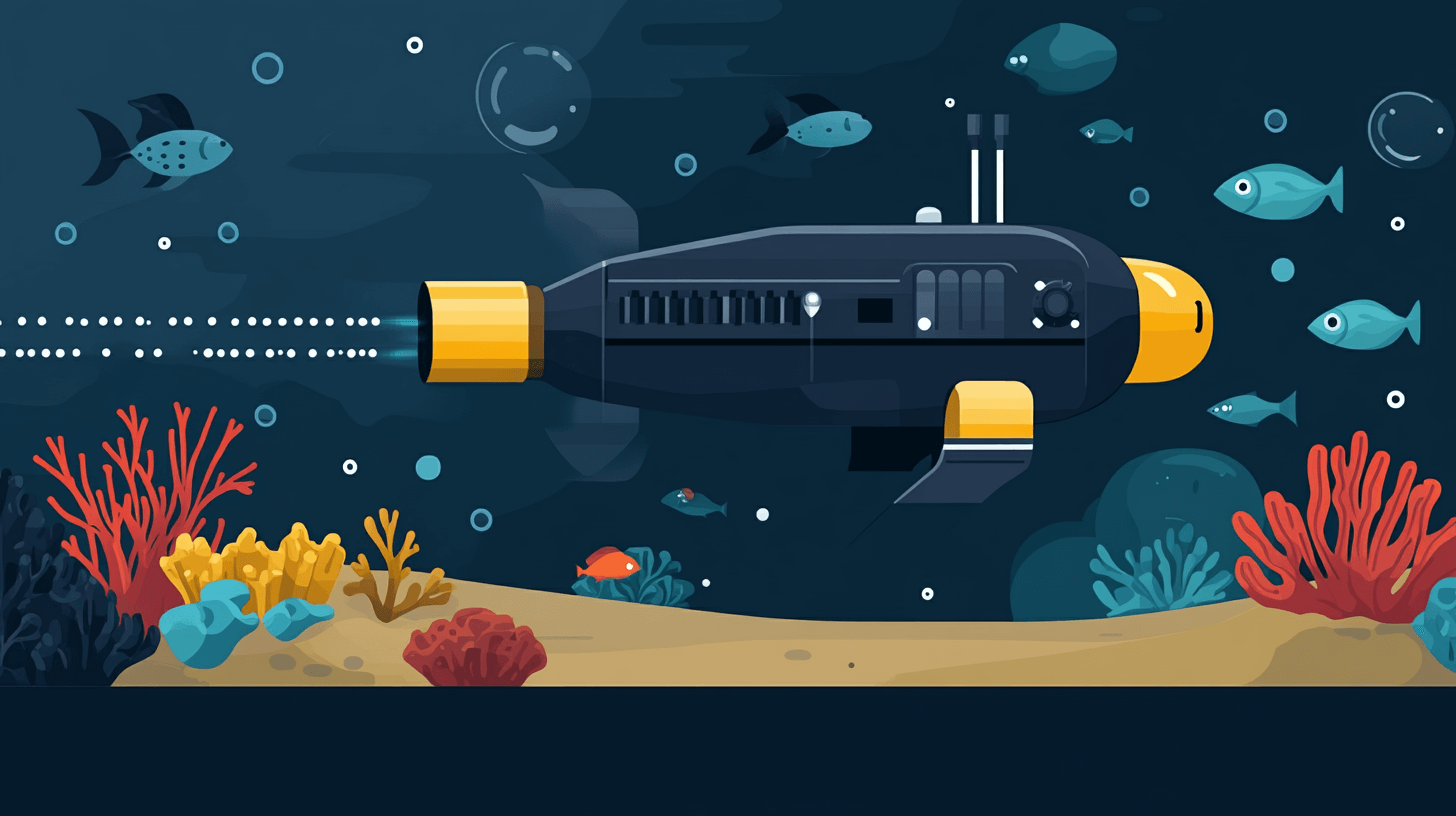
10 Best Programming Books to Read in 2025
December 31, 2024 - Revolutionized Team
Revolutionized is reader-supported. When you buy through links on our site, we may earn an affiliate commission. Learn more here.
The best programming books can help you learn to code, expand your skills and boost your resume. Coding is an increasingly valuable and rewarding skill to have, whether it’s for web development, robotics, game design or anything in between. Books can be a helpful resource, especially for self-taught coders.
Our team assembled this guide to the top 10 best programming books for 2025, plus a handful of honorable mentions and some online resources.
Why You Should Learn to Code
If you’re looking for the best programming books, you might already have a specific reason why you want to learn to code. If you don’t, though, there are plenty of great reasons to pick up a programming language.
Coding is an increasingly valuable skill for students and adults alike. In the world of Industry 4.0, it is invaluable for getting a job and futureproofing your resume. For students, coding courses are becoming standard in high schools. Programming will be a foundational skill for the next generation of the world’s workforce across virtually every industry.
Beyond career growth, coding is simply fun! There’s a lot you can do with coding as a hobby, like creating your own video game or AI model. Reading books about programming is a great way to collect knowledge and teach yourself how to code. After finishing them, you may decide to supplement that learning method with an online or in-person course.
Many enterprising people have also discovered that coding can be a worthwhile side hustle, especially once they find well-established freelancing platforms. If you’re looking for a bit of extra income and love the ability to work on your schedule, becoming a part-time coder could be an exciting option that brings more flexibility to your life and adds to your bank account balance.
Also, once you become confident enough in your skills to share the knowledge with others, there are plenty of ways to positively impact others by encouraging them to learn to code. Many schools and community centers offer free or low-cost coding classes and need volunteers to help run them. Similarly, you could look for mentoring opportunities to give advice to people who have recently started learning to code and need some extra motivation.
1. Code: The Hidden Language of Computer Hardware and Software by Charles Petzold
It might seem odd to include a book written in 2000, but there is a lot that history can teach us. In fact, The Hidden Language of Computer Hardware is so popular that an updated 2nd edition of it was published in 2022. Computing technology has changed drastically over the past fifty years, and many of the second edition’s added chapters reflect that shift. For example, they cover CPU control signals, the arithmetic logic unit, registers, busses and more. This newer version of the book also has a companion website with animated graphics of many of the title’s key concepts, making them easier to understand and more interactive.
There are all kinds of lessons we can learn from older technologies that make it easier to understand modern programming. Petzold starts with a discussion of Morse code and Braille, later moving into how these base technologies can work with the modern internet. You’ll also find coverage of unexpected things people don’t immediately link to coding, such as black cats and Paul Revere’s famous ride. This book has become a favorite over the decades, and after reading it, there’s a good chance you’ll count yourself among its fans.
2. Cracking the Coding Interview: 189 Programming Questions & Solutions by Gayle Laakmann McDowell
Even if you’re not trying to get a job as a programmer, Cracking the Coding Interview can be a valuable tool to help you practice coding and hone your programming skills. This book presents you with a series of increasingly tricky programming challenges and algorithm problems.
Test yourself to see if you can solve them. Suppose you do find yourself seeking out a career in programming. In that case, these skills can help you test yourself against tech giants like Facebook or Google because you’ll already have an understanding of how they hire their programmers and developers.
You’ll also gain valuable critical thinking skills by diving into this title. Each question has a detailed breakdown of how to work out each solution, helping you understand how to best handle similar ones if they come up in a future interview.
3. Code Complete by Steve McConnell
This book might not teach you a specific programming language, but that doesn’t make it less valuable. Code Complete provides code samples, current practices, and a variety of tools to help you hone your skills or improve your career. The entire seventh section is about software craftsmanship, teaching you how to improve your programs by focusing on character, style and layout.
People will find plenty to explore in this title, whether they want to learn to code by applying best practices or are highly experienced professionals. There are also quality-centric tips so readers can apply them to get the best outcomes at every stage.
4. Deep Learning by Ian Goodfellow, Yoshua Bengio and Aaron Courville
Machine learning and neural networks are getting smarter every day. Programmers hoping to get in on the ground floor can benefit from this textbook. The book breaks the topic down into three sections — background, applications, and research topics. This isn’t a book for beginners, but it should be on your list since neural networks are becoming more common and complex.
It will give you a mathematical and conceptual background for this increasingly important topic, helping you understand foundational details behind any of your projects that involve deep learning. You’ll also get introduced to several research perspectives that’ll increase your comprehension of numerous efforts to expand and further the deep learning field. Additionally, a supplementary website provides useful information to accompany the chapters you read.
5. Clean Code: A Handbook of Agile Software Craftsmanship by Robert C. Martin
Your code might work, but if it’s a mess, fixing a problem could prove challenging. Clean Code is the perfect book if you’re struggling to get the job done without the finished project looking messy. Its three sections include information to help you write good code and identify bad code.
These skills can turn your programs into something that you can be proud of. It’s full of code snippets that you’ll need to fix, though most of them are focused on Java. Regardless, the skills you’ll gain will serve you well no matter what language you’re writing. Expect to come away from the title with a renewed commitment to your craft and an understanding that your work matters, too.
The content can help you become a code craftsperson while emphasizing that you must continuously work at skill development. It’s certainly an achievement to learn to code, but after reaching that milestone, you should get into the habit of scrutinizing your efforts and how to improve them. Becoming more self-critical and applying this book’s tips will help you catch mistakes earlier, increasing the chances of getting your code right the first time.
6. Grokking Algorithms by Aditya Y. Bhargava
This book is filled with information that can help take your programming skills and apply them to problems you encounter in your everyday life. Start simple, with things like sorting or searching. Build your skills until you can tackle more complex tasks like graphs, greedy algorithms and data compression.
Plus, it’s illustrated and has a fun take on an otherwise dull topic. It doesn’t matter if you’re building an app in your spare time or trying to build a career in coding. Everyone who writes a line or two can benefit from adding this book to their shelf. The fact that Grokking Algorithms had a second edition released in 2024 is a testament to its enduring popularity and relevance to today’s computing professionals.
Appreciate how the book’s content gradually urges you to build your algorithmic thinking skills and become a better problem-solver and programmer. There is also a complementing YouTube channel that expands upon the material to make it more interactive and help you grasp the concepts more effectively.
7. Dancing With Python: Learning to Code With Python and Quantum Computing by Robert S. Sutor
Quantum computing can potentially change the way we think of processing and data storage, and it will need a new breed of programmers to make it work. Dancing With Python is the perfect tool for an experienced programmer interested in learning about machine learning, quantum circuits and other advanced programming methods.
It’s worth noting that this book is not intended for beginners. A background in Python will make it easier to absorb the new techniques Sutor explores here. However, once you get into it, the book will help you maximize how you use Python when coding, including for advanced reasons, such as to work on machine learning projects or data analysis.
8. Everything You Need to Ace Computer Science and Coding in One Big Fat Notebook: The Complete Middle School Study Guide by Grant Smith
Don’t let this fool you into thinking only middle schoolers can get something out of it. People of all ages love how Everything You Need to Ace Computer Science and Coding in One Big Fat Notebook: The Complete Middle School Study Guide breaks down important concepts and makes them easy to understand by adding diagrams, mnemonics and more.
The book’s seven chapters each cover a specific topic, but subtopics within those make it simple and fast to find the information you need. The colorful illustrations also make the book more enjoyable to read and help people digest the information even when they are new to coding or trying to refresh their knowledge on specific topics.
9. Haskell In-Depth by Vitaly Bragilevsky
If you ask 10 programmers to list the best programming books, you’ll get 50 different answers. This is stepping outside the average programmer’s comfort zone. Haskell’s Programming language, named after mathematician Haskell Brooks Curry, uses math to create a functional programming language outside of traditional coding.
This is more than just looking at the basic syntax and structure of the language. Haskell in Depth will turn you from a Haskell student to a developer fluent in the language.
10. Basic Concepts in Algorithms by Shmuel Tomi Klein
Machine learning and artificial intelligence are finding more applications every year. Their programming might be complex, but the rest comes easier if you’ve got a solid foundation of algorithms.
Basic Concepts in Algorithms is the perfect tool to help you build that foundation, giving you a basic grasp of the programming and mathematics necessary to support big data and the machine learning future that you were all looking forward to.
While going through the content, you’ll notice a pattern whereby the topic you just read about leads to another related one. Besides being an engaging structure, this decision helps you begin to see the connections between many coding concepts.
Plus, each chapter includes a set of exercises. Going through them makes it easy and fun to apply your skills. Since most of the exercises have solutions, you can compare your work to the answers to determine whether you reached the correct conclusion or need to make another attempt.
11. Refactoring: Improving the Design of Existing Code by Martin Fowler
In his book Refactoring: Improving the Design of Existing Code, Martin Fowler, a renowned object tech mentor, explains that today’s applications are inefficient, hard to maintain and extend, and were developed by less-experienced programmers.
Fowler suggests that refactoring these applications and programs could benefit software developers. However, expert programmers were typically the only professionals capable of making these changes — until now. Fowler shares master programming practices in a digestible way so all developers can benefit from them.
12. The Pragmatic Programmer: From Journeyman to Master (2nd Edition) by Andrew Hunt and David Thomas
The Pragmatic Programmer by Andrew Hunt and David Thomas is a great book for aspiring programmers. The first edition of the book came out in 1999. After its release, Mike Cohn, author and certified Scrum trainer, mentioned that the book by Hunt and Thomas changed his career trajectory.
Hunt and Thomas’ book explains what it’s like to be a modern programmer in the digital age. Topics range from how to keep code flexible and take personal responsibility to career development and architectural techniques. Consider reading this book to learn more about the best practices and pitfalls to avoid if you’re in the software development sector.
13. The Self-Taught Programmer: The Definitive Guide to Programming Professionally by Cory Althoff
The author of The Self-Taught Programmer taught himself how to code. After one year of self-teaching, Althoff landed a software development job at eBay. However, he was wholly unprepared for what the job responsibilities entailed. He realized how far behind he was on his programming journey.
In his book, Althoff shares tips and tricks all aspiring programmers should know, especially as they learn how to code. He breaks down the book into five main sections, making sure to include lots of content you won’t necessarily learn in a typical coding class — along with some you will. He also uses his life as inspiration for the title, so you can expect numerous personal tidbits that help you learn what to expect in this popular career path.
14. Python Crash Course (3rd Edition) by Eric Matthes
Eric Matthes’s Python Crash Course is a popular source for self-taught Python developers. As the title suggests, it’s designed to be fast-paced and build skills quickly. If you’re a beginner and you want to get off the ground right away, this book is definitely worth checking out.
As a guide, Python Crash Course is more interactive than many other programming books. It includes real exercises you can try out, like building a game with Python. The 3rd edition is updated to include recent changes to popular Python libraries and testing tools as well as guidance on new Python features.
If you’re someone who learns by doing, you’ll love this book’s format, which encourages you to grow new skills by building upon previous ones. There’s also content that helps you troubleshoot and steer clear of common coding mistakes, increasing your chances of high-quality results that run smoothly.
15. Make Your Own Neural Network by Tariq Rashid
Make Your Own Neural Network was written by Tariq Rashid, an English author who loves science, mathematics and computing. Rashid’s book provides a step-by-step outline to help readers understand the mathematical aspects of neural networks.
Additionally, Rashid directs his book to novice programmers, claiming that readers do not need advanced math skills. He even includes an introduction to calculus to help support the other chapters in his book. Consider reading Make Your Own Neural Network if this subfield interests you.
Neural networks have become fundamental to many advanced artificial intelligence applications. Although researchers are still learning more about them, it is beneficial to understand this concept by expanding your knowledge and getting equipped for what the future may hold. Many of the best programming books — including this one — offer content you can apply to future careers or projects.
Best Coding Websites
Books are a fantastic resource for self-taught coders, but it’s a good idea to study from a variety of sources. There are many great websites out there that offer valuable coding exercises and tutorials for free.
These are definitely worth checking out if you want to take your coding to the next level, especially if you’re a beginner. A few of the top coding websites include:
Improve Your Skills
Learning to code is an extremely valuable skill today, especially as more and more employers rush to adopt AI and machine learning. It takes time to learn any programming language, but the process itself can be a fun hobby and help you meet other developers and coders. Books are a great resource for self-taught programmers, including the top picks on this list. Make sure to check out coding websites, as well.
Diving into books and websites — as well as in-person resources such as coding bootcamps and networking meetups — can help you realize there are plenty of possibilities to explore, and you will never feel alone on your learning journey and will always feel excited about growing what you know.
Editor’s Note: This article was originally published on May 17, 2022 and updated on December 31, 2024 to provide readers with more updated information.
Revolutionized is reader-supported. When you buy through links on our site, we may earn an affiliate commission. Learn more here.
